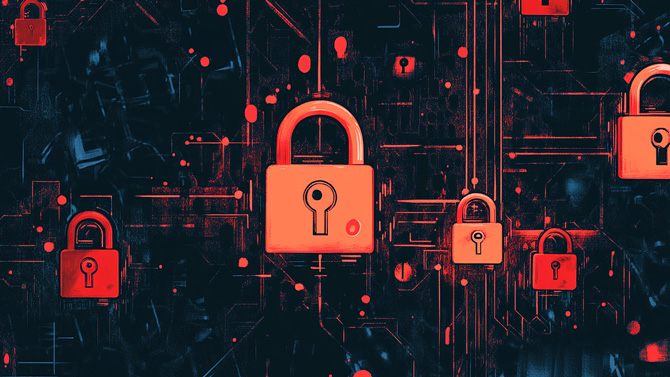Quantum computers with their ability to solve complex problems at unprecedented speeds are still years away. However, that hasn't stopped NordVPN from preparing for a quantum future. Following the National Institute of Standards and Technology's (NIST) August 2024 release of post-quantum cryptographic standards, NordVPN is now rolling out quantum-resistant encryption to its VPN products.

To understand the significance of this move, it's important to grasp the basics of quantum computing. This technology harnesses the principles of quantum mechanics to process information. Unlike classical bits, which can exist only in one of two states—0 or 1— quantum bits, or qubits, can exist in a superposition of both states simultaneously. This allows quantum computers to process a vast number of possibilities at once, giving them the potential to solve complex problems much faster than classical computers. This capability raises concerns about the vulnerability of current encryption methods.
Post-quantum cryptography is designed to address these concerns by withstanding attacks from both classical and quantum computers. While quantum computers aren't a threat yet, they're developing rapidly. Marijus Briedis, CTO at NordVPN, highlights an emerging risk: "Cybercriminals are intensifying what are known as 'harvest now, decrypt later' attacks, where they accumulate encrypted data now to decrypt it once quantum technology matures." This means your data could be at risk even now, as criminals might be collecting encrypted information today, hoping to crack it open in the future.
Read more: Social Media's Shocking Data Harvesting & Sharing Practices Exposed
NordVPN isn't waiting for that day to come. They just launched post-quantum cryptography support for their Linux VPN application, with plans to roll it out across all platforms by Q1 2025.
However, implementing post-quantum cryptography isn't without challenges. These new algorithms often require larger key sizes and more computational power, which could impact system performance. This is why we're seeing a gradual rollout, as Briedis notes: "We want to be completely sure that we will keep the highest level of user experience in terms of connection time and speed during the transition."
This move by NordVPN reflects a broader shift in the cybersecurity world. As more companies follow NIST's new post-quantum cryptographic standards, we will likely see wider adoption of quantum-resistant encryption.
Read more: New Password Guidelines Issued for Staying Ahead of Hackers
So what can you do? These changes are happening behind the scenes, so keep an eye out for updates from your VPN provider and other online services about their plans for quantum-resistant security. And if you don't have a VPN or aren't happy with the one you're using, I highly recommend NordVPN for its no-logs policy, huge server selection, and fast speeds. You can get NordVPN for $4.99 monthly (when paid annually).
[Image credit: concept drawing of a secure internet connection generated by Midjourney]
For the past 20+ years, Techlicious founder Suzanne Kantra has been exploring and writing about the world’s most exciting and important science and technology issues. Prior to Techlicious, Suzanne was the Technology Editor for Martha Stewart Living Omnimedia and the Senior Technology Editor for Popular Science. Suzanne has been featured on CNN, CBS, and NBC.
















